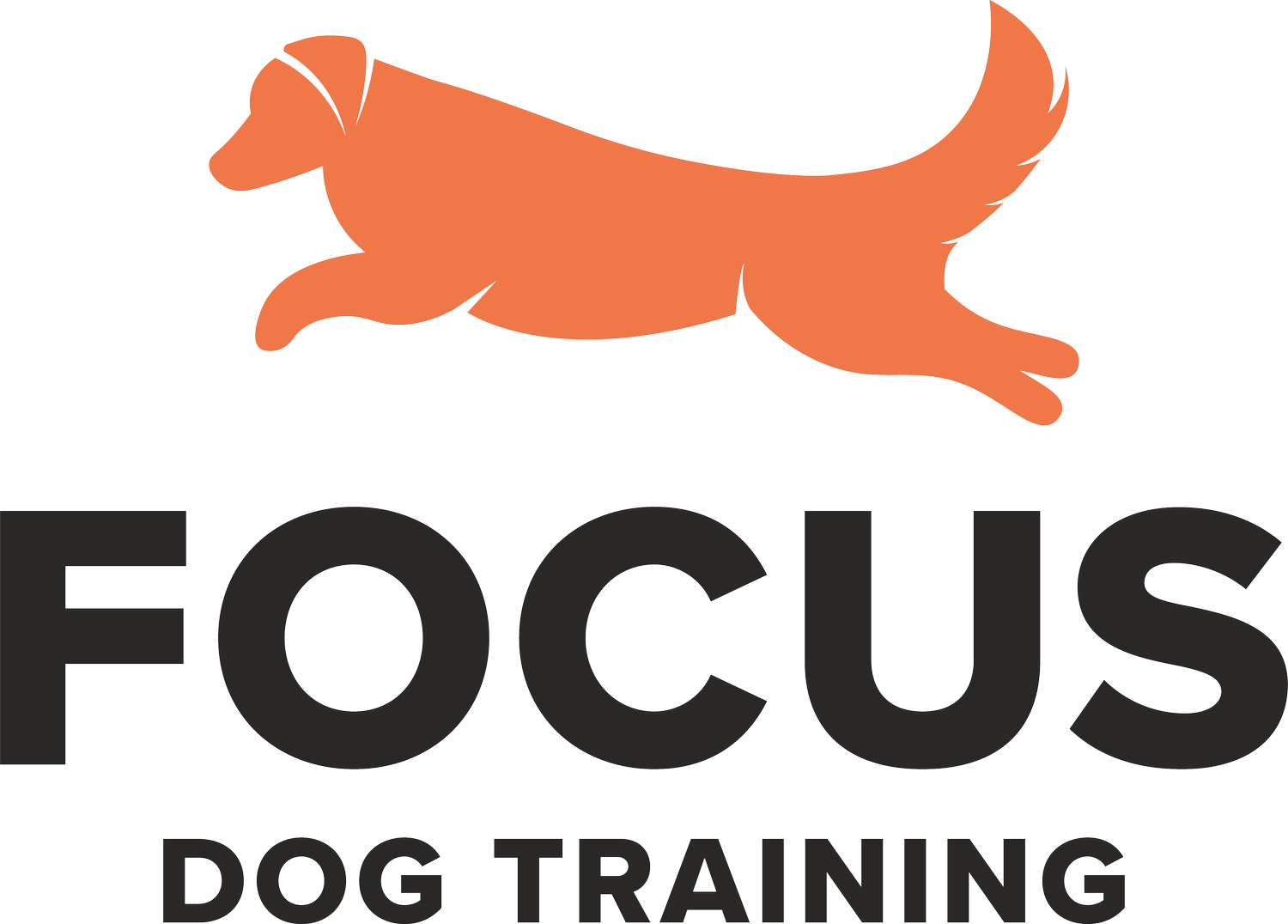Not All Dogs are Daycare Dogs (and that’s okay)
I dismissed my own dog from daycare today.
The puppy I am raising is a seven month old Nova Scotia Duck Tolling Retriever. He is smart, funny, vibrant and sweet. He is also intense, sensitive and very high drive.
His name is Biscuit and he has been living with me since he was nine weeks old. His first day of daycare was less than 24 hours after I brought him home. I have spent large amounts of time and energy teaching him to settle around other dogs, structuring mental stimulation and nap times and ensuring he gets a wide variety of activities. I limited his daycare days to maximum three days a week and took him for walks before he came to work with me. And for many months he did very well.
But he has still started to struggle. At seven months, he is hormonal and high strung. Puppies may act brash and bold, but their egos are still fragile.
One thing clients hear from us frequently is the term “arousal level”. What this refers to the physiological and psychological reactivity to stimuli. High arousal levels are where a dog is unable to contain themselves in response to stimuli. This can be seen in the puppy frantically jumping up on visitors, or the dog shrieking on the end of the leash at the sight of a squirrel.
As the daycare manager and as his full time guardian, I saw signs that Biscuit’s arousal levels were too high. He had a hard time taking a break from play. Even when he was alone, he paced, or tried to push through barriers to access me or the other dogs. He did not sleep.
We frequently have to speak to owners about their dog’s arousal levels, or their stress levels. Sometimes this means that their dog is not suited for daycare, either temporarily or permanently. Sometimes what we need is a better management and training program. Maybe the dog requires mental health care from a veterinarian.
Sometimes the dog simply does not thrive at daycare and the likelihood of this changing is slim.
Our goal is always for the dog to thrive at daycare. Not just cope. Not be kinda okay with it.
Right now, Biscuit is not thriving at daycare.
We do not want our dogs to practice hyper arousal. We get good at what we practice. The more the physiological and psychological state is experienced, the stronger those neural pathways become. It is important to avoid having our dogs practice emotional states that we do not want them to have.
Right now, I am not able to manage Biscuit’s arousal level in daycare in a way that sets him up for future success.
So I’m in the same boat as many of our clients over the years. The dog I’m caring for isn’t suitable for daycare right now.
So what does that mean?
Well for me, it means I can’t take him to work with me. Which is kind of crummy, but hopefully in acting now I’ve prevented this being a permanent situation.
It means I’ll now get up an hour earlier so he can have more mental and physical stimulation before I go to work.
It means I have to commit to continuing to build his skills so he can become better settling around other dogs and disengaging from exciting things.
What it does not mean is that he is a bad dog, or that I am a bad guardian.
It doesn’t mean that it wasn’t a hard decision to make.
Now it is inconvenient to not bring him to work with me, just like it can be inconvenient from our clients.
But as his guardian, it is my job to do what is best for him. Right now that just means no daycare.
I don’t do well in clubs, at loud parties or in busy malls at Christmas time. If I was a dog, I would not be a daycare dog. So I empathize with the dogs who age out of daycare or who find their assessment too overwhelming or scary. I empathize with Biscuit, who is just not able to pull himself away from his friends, even though he is overwhelmed and tired.
Daycare can be an amazing tool for busy people and their dogs. It can help build independence for dogs with specific mental health needs, help dogs exercise their social skills in a safe environment and provide vital mental enrichment and social connection.
It can also create and exacerbate behavioural problems.
I chose to dismiss Biscuit from daycare because I love him.
We choose to not accept a dog to daycare, or to recommend they stop coming, because we love them too. Some daycares operate as warehouses for dogs, we choose not to.
If your dog isn’t a daycare dog, for right now or for always, please don’t feel bad.
Look into a force free dog walker, work your dog’s needs into your own exercise regime or start taking more classes or doing more activities with your dog. Take this opportunity to spend more time together and learn new skills with them.
Maybe Biscuit will be able to return to daycare in the future. Maybe he won’t. Either answer is okay.
